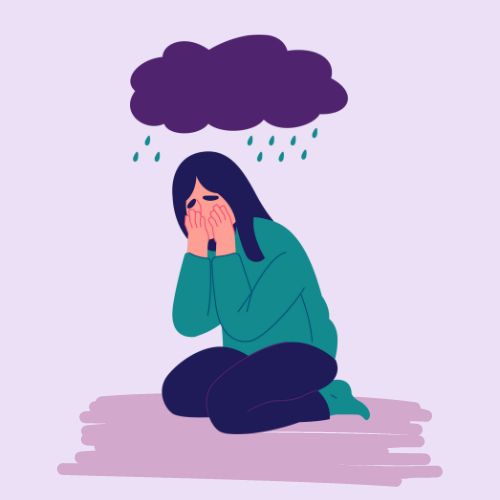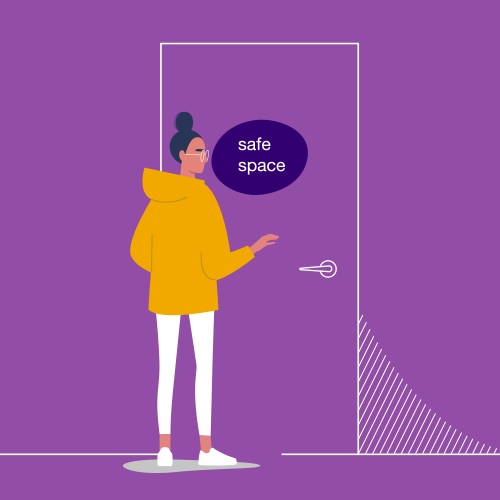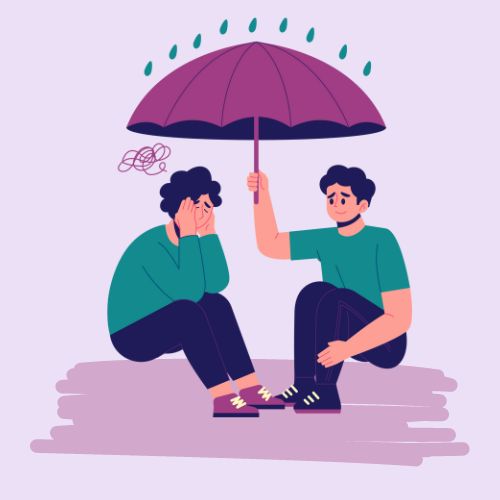We use cookies on this site to enhance your experience.
By selecting “Accept” and continuing to use this website, you consent to the use of cookies.
If you are suicidal or do not think you can keep yourself safe right now, call or text 988, the Suicide Crisis Helpline.
For on-campus support, contact Special Constable Service at 519.885.3333.
You can also contact any of the following mental health resources:
If you need care outside of Student Wellness Centre hours, see our Urgent and After-Hours Care page for a list of resources.

Whether you're navigating the challenges of student life or your personal life, we're here to support you in getting the help you need to get well. Here are some resources that you can connect with for counselling support.
Find counselling and mental health support as a registered student. We offer counselling services in person, by phone or by video.
If you're in need of personal support, connect with Indigenous Student Services.
Visit our Off-Campus Counselling Resources page for a list of counselling services in the Brantfor and Waterloo community, or connect with one of these resources:

We are here to support you and help you stay well. We offer a variety of resources and activities to help support your mental health.
Find wellness resources and programming led by peers and professionals to promote and encourage you to make healty choices and engage in health behaviours.
I Move My Mood is a peer-to-peer program offered by Athletics and Recreation to give students an opportunity to improve their mental health and wellbeing through exercise and recreational activity.

With continued support from the Dixon Foundation, Laurier students may be eligible to have up to $300.00 of your registration fee covered for Mental Health First Aid (MHFA), safeTALK, and Applied Suicide Intervention Skills Training (ASIST).
To apply for funding:
You will be reimbursed up to $300.00 of the cost of your training by cheque or direct deposit. If you have questions, please email us at wellnessed@wlu.ca
More Feet on the Ground is an online mental health education program that teaches you how to recognize, respond to, and refer individuals experiencing mental health issues.
For up-to-date hours, see the Health and Wellness page.
E: wellness@wlu.ca
T: 548.889.3239
Second floor, Student Services Building
E: lbwellnesscentre@wlu.ca
T: 548.889.5588
Second floor, Student Centre, 103 Darling St.
E: lbwellnesscentre@wlu.ca
T: 548.889.5588
555 Industrial Drive